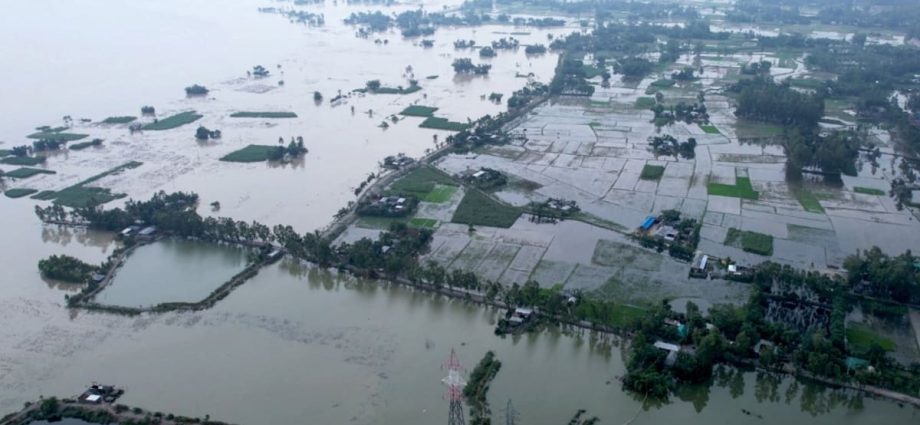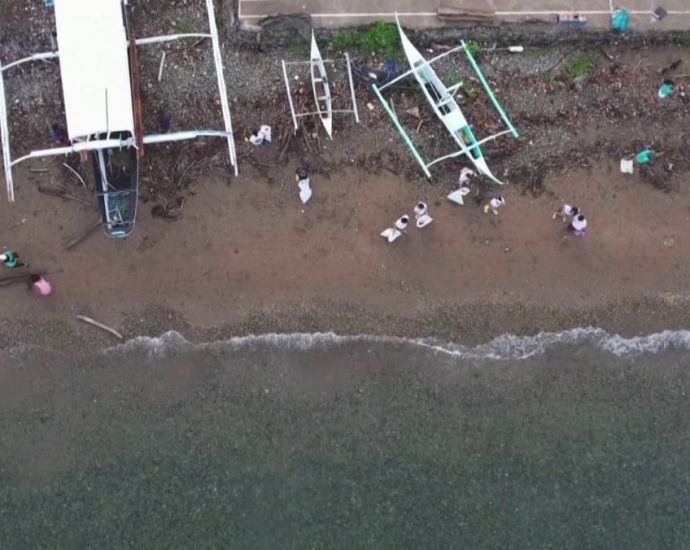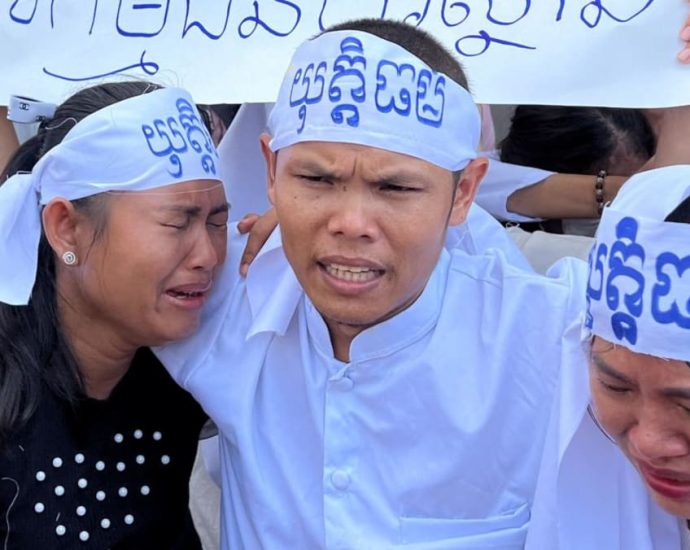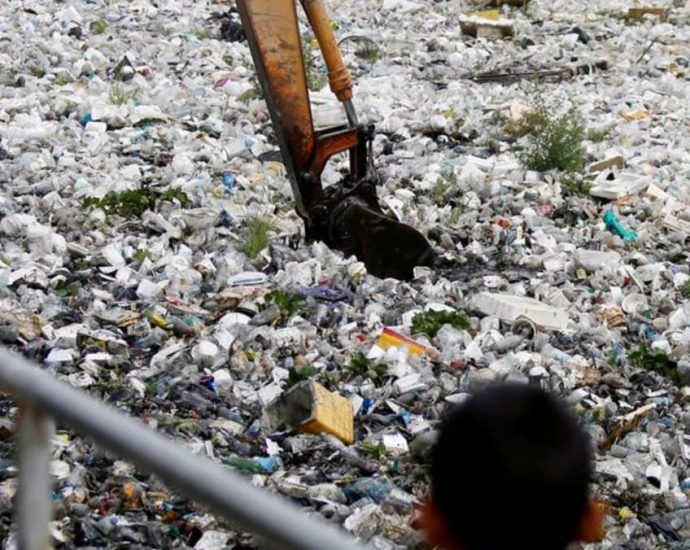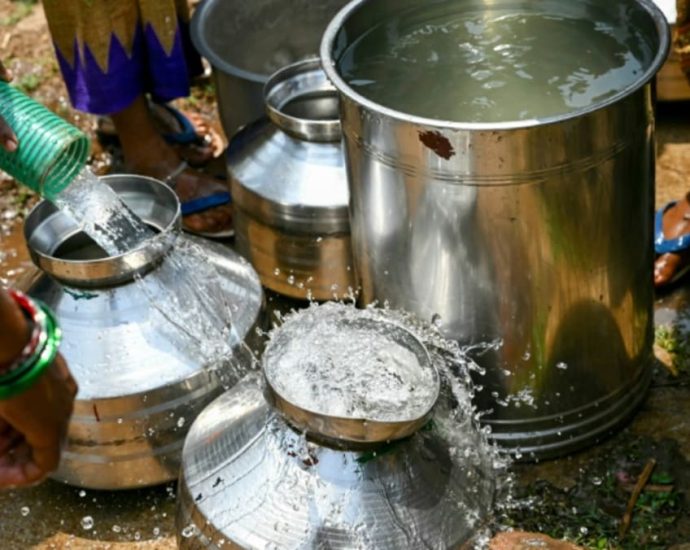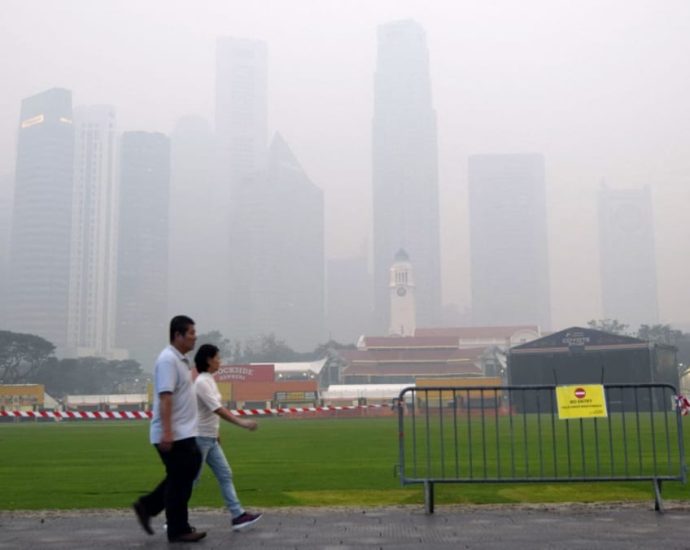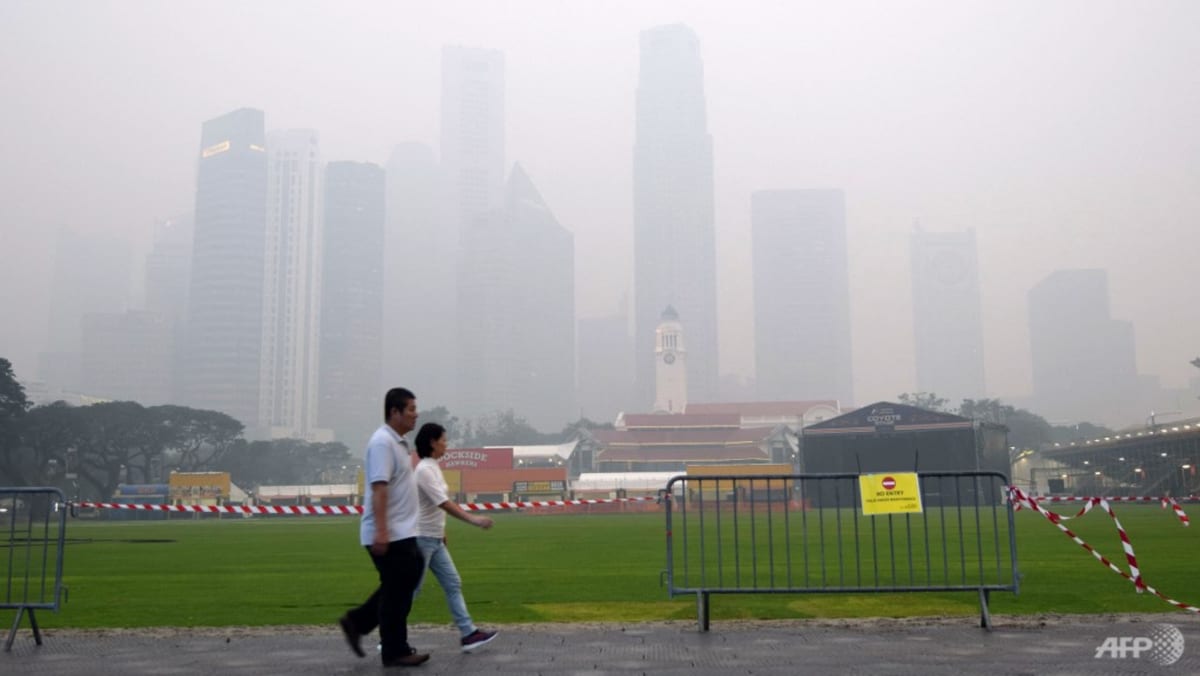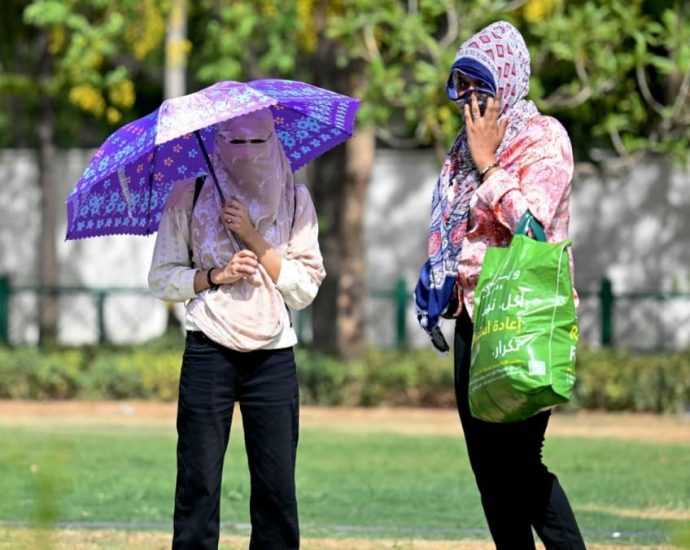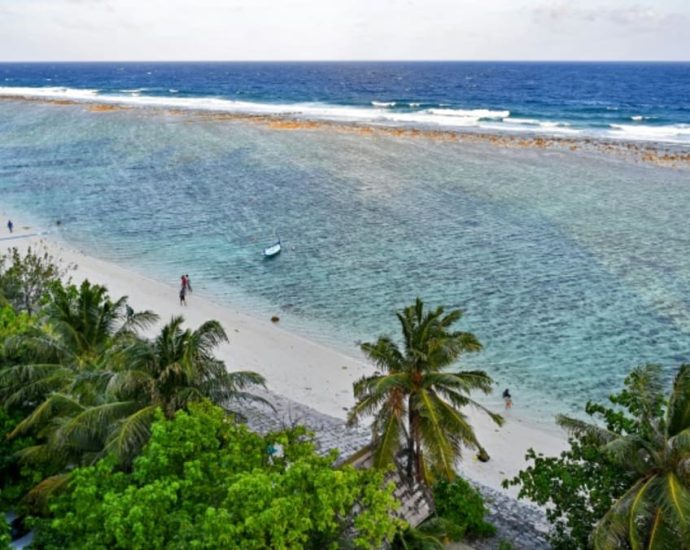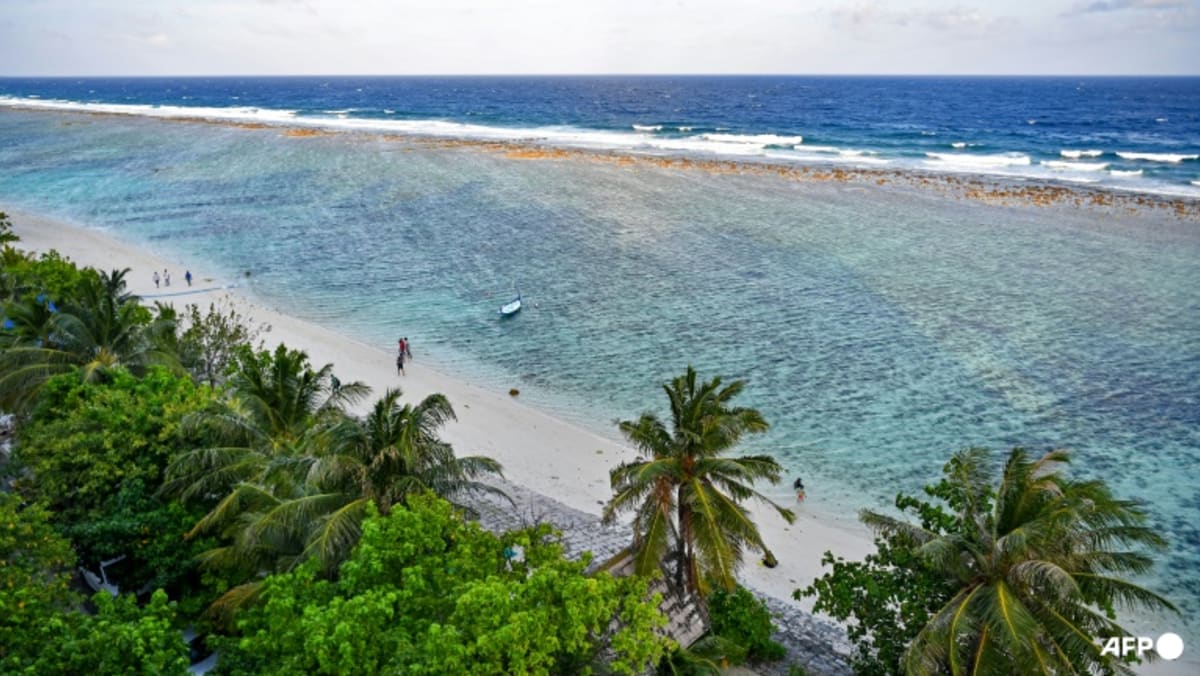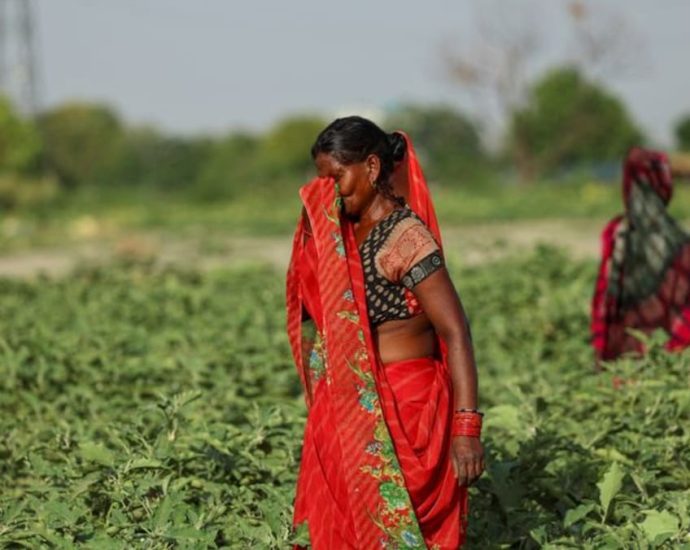Eight dead, two million affected by Bangladesh floods
More than two million people are affected by heavy rains that caused major rivers to burst their banks in Bangladesh this week, according to officials who confirmed the death toll on Saturday ( July 6 ). The South Eastern region of 170 million people, crisscrossed by thousands of river, hasContinue Reading

